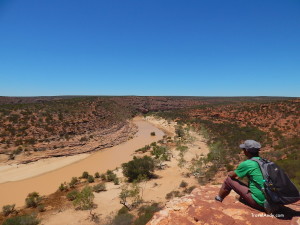
On June 10, 2008, I got a message from a 28-year-old American man named Chris.
I did not know Chris. He said he was traveling around the world and asked if I would be available to meet up during his visit to Kolkata the following week. He also asked if I could possibly host him for a day or two during his visit.
That would have been unusual coming from a stranger. But this message had come on the “hospitality-exchange network” called Couchsurfing, one of the pioneers of the sharing economy in the tourism sector. [ALSO READ: Why you should be on Couchsurfing]
Chris stayed at my house during his visit to Kolkata. He was the first of my many guests from different countries. On my part, I have stayed with strangers I got in touch with through Couchsurfing in more than 10 countries.
Using Couchsurfing to stay with people does not entail the exchange of money.
Inflation has pushed up the price of most things over the years. But the one price that had fallen since the later part of the last century and has remained by and large stable for nearly the past two decades is that of flight tickets. Consequently, the middle class now has more money to spend on travel than what they had a couple of decades ago. Add to that the sharing economy, which has grown in leaps and bounds along with the Internet, and travel possibilities and opportunities have grown manifold.
In 2012, I went on a five week solo trip through west Europe. I paid to stay for only four of those days. That too, by choice, because I was meeting with a friend for the first time and we preferred to stay at a guest house during our stay at Arezzo in Tuscany, Italy.
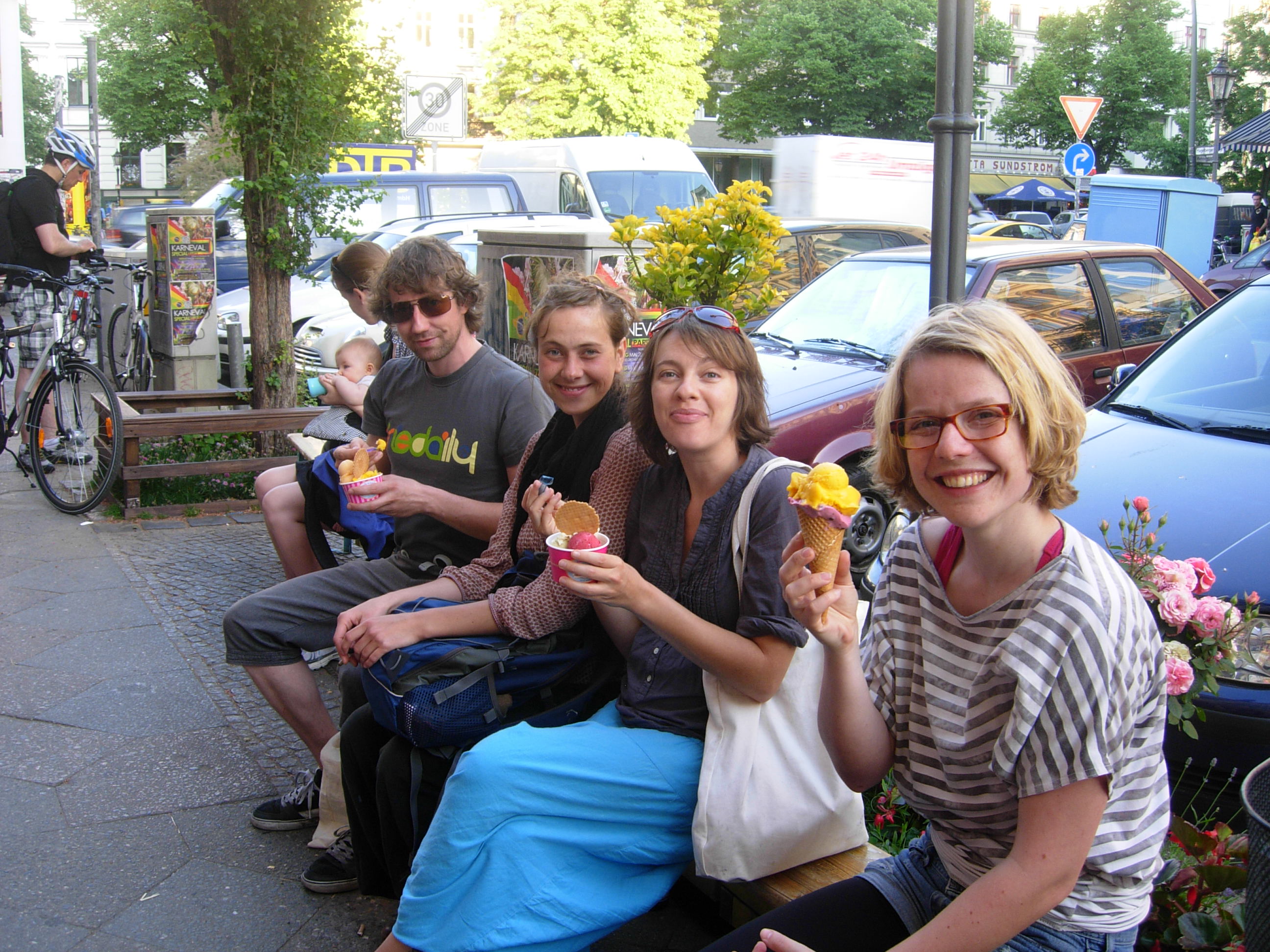
The remaining days, I stayed with friends, friends of friends, people who I’d met only for a few hours and people who I had never met before. I had the most amazing of experiences, the likes of which I would surely not have had if I were staying at hotels. [ALSO READ: How to sleep cheap while traveling]
Another wave on which the sharing economy has ridden is Airbnb, where people rent out spare rooms at their homes for a cost that is typically considerable less than that of hotels.
I have used Airbnb on several occasions. During my trip to Tromso in Norway, the cheapest hotel room I could rent for four days was costing me more than INR25,000. I, instead, booked a wonderful room on Airbnb for just around INR16,000. [ALSO READ: See the Northern Lights at Tromso, Norway] Since they let me use the kitchen, I cooked my meals and saved further on food! In the process, I ended up saving quite a bit and also making some friends — the other guests who were staying there during that time.
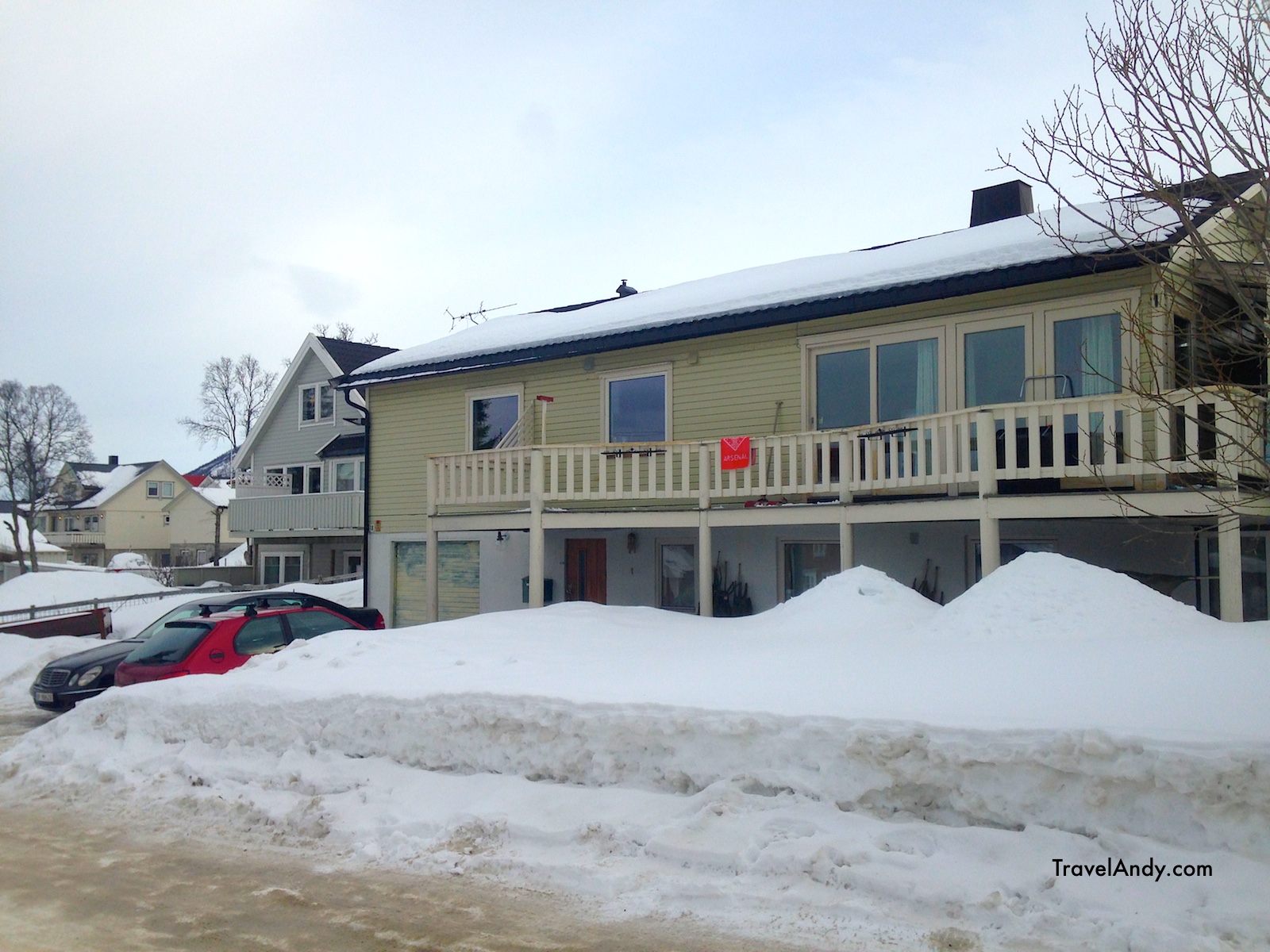
Platforms such as WWOOF (World Wide Opportunities on Organic Farms) and Workaway offer opportunities for travellers to work at varied properties around the world for a few hours a day in exchange for food and stay.
Hundreds of hostels in India and across the world accept volunteers — guests working for a few hours every day for the hostel in exchange for free board and possibly one or more meals.
The sharing economy has primarily done two things — eliminate middlemen to a large extent and given more power to the consumer in the form of varied options.
The last two times I went to Thailand, I didn’t want to Couchsurf. Also, I didn’t want to spend too much on my stay. So, I looked up Facebook groups, got in touch directly with the owners of the properties and found awesome places at very reasonable rates on both occasions.
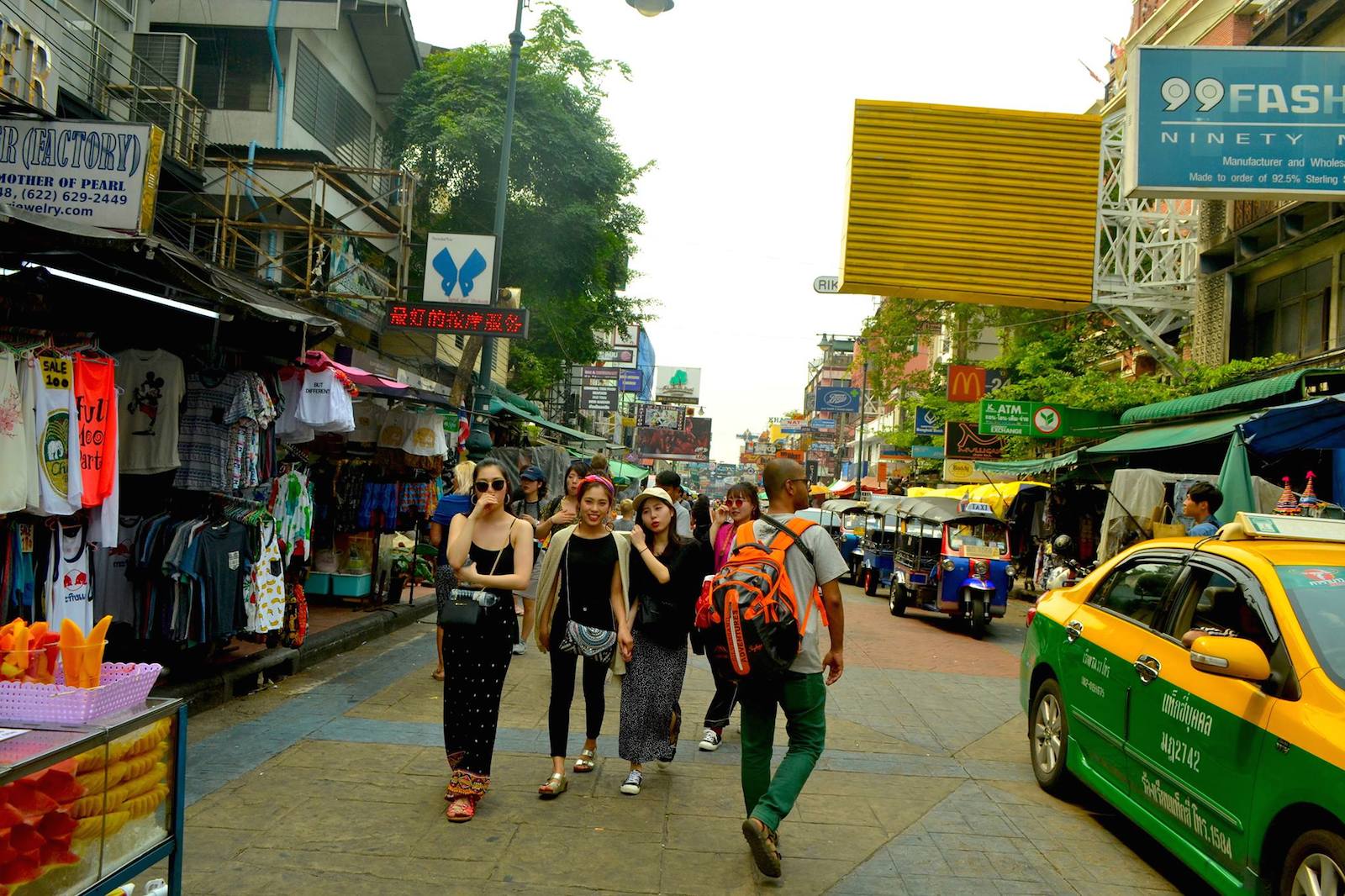
Ride-share groups on Facebook, Couchsurfing and dedicated websites for the purpose are a great way to save while traveling and make efficient use of the Internet. Yes, committing to travel with a stranger is always going to be a gamble but I’ve heard more good stories than bad ones. I made use of these during a trip to Australia and the trip turned out pretty amazing at half the cost.
For the budget traveller, there was never a better time to travel.

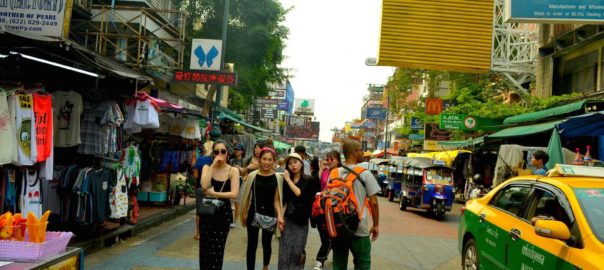
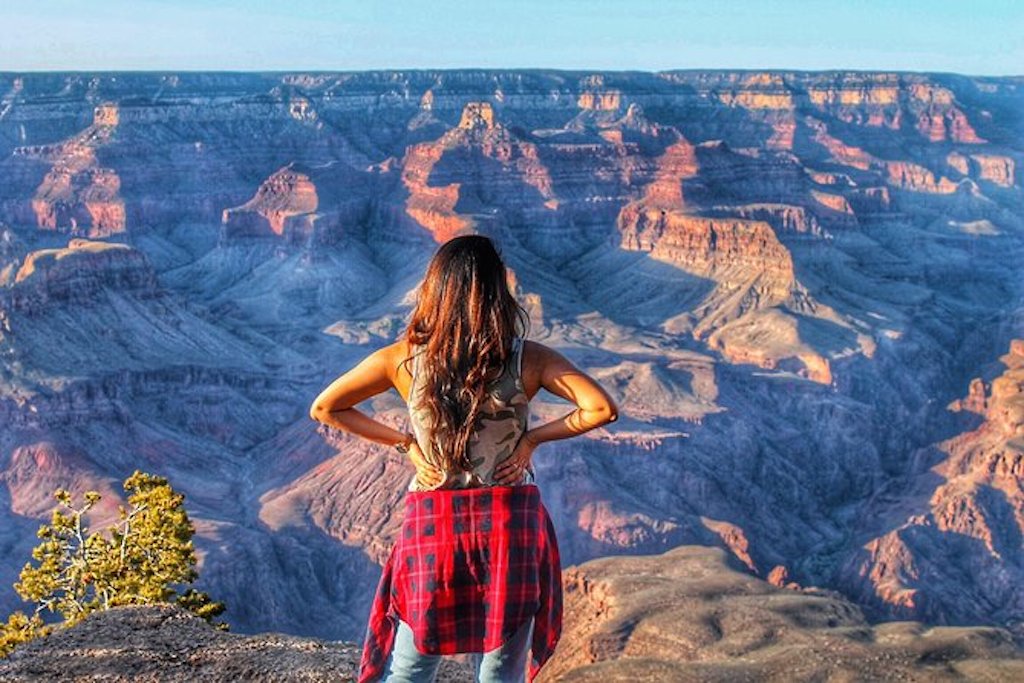
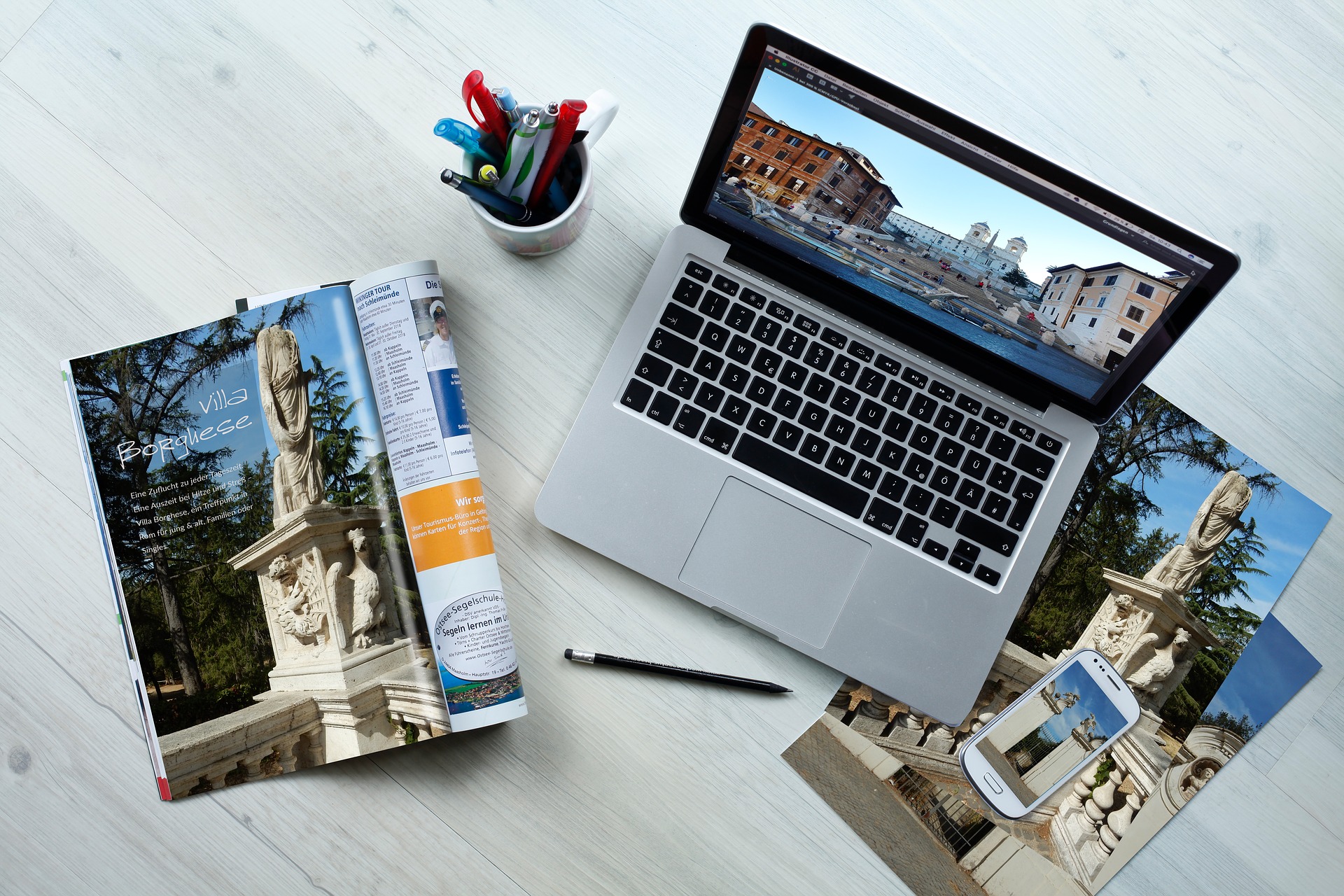
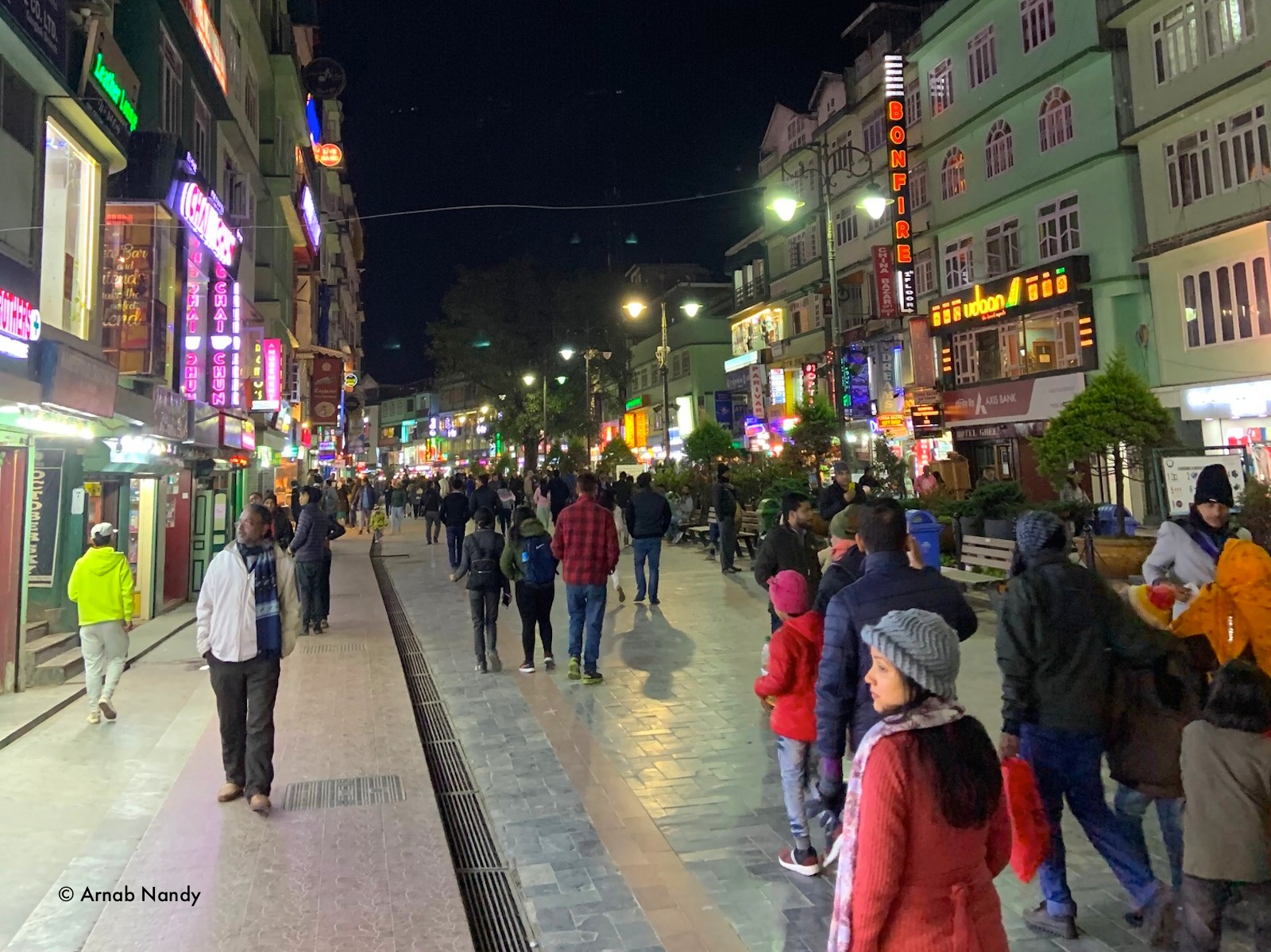
You must log in to post a comment.